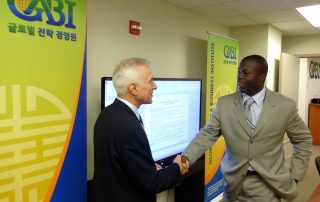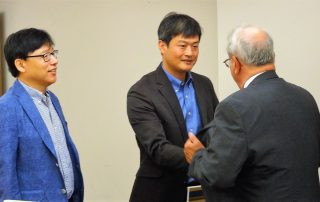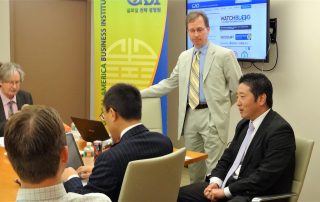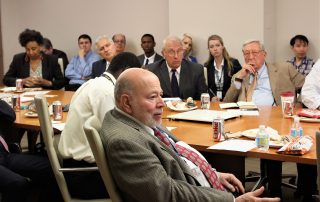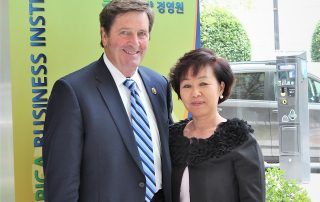At present, dialogue on nuclear technology in Washington, DC has tended to focus on issues related to nuclear materials security, nonproliferation, and arms control issues, rather than nuclear power. As a result, the policy community in Washington tends view nuclear power technologies with some skepticism. Given this environment, it is GABI’s commitment to promote, educate, and enhance the understanding of the vital role of nuclear power from the perspective of ensuring energy security, reliability and sustainability.
State of Nuclear Science and Engineering Education in the U.S.: Need for Greater International Exchanges
October 01, 2015 Nuclear science and engineering education is essential because of the unique fundamentals and design of reactor cores and radiation systems. Engineers and physicists from other disciplines cannot replace nuclear engineers, particularly on work involving reactor thermal hydraulics, nuclear materials, radiation effects on matter, etc. Nevertheless, approaching the late 1990s, enrollment in nuclear

